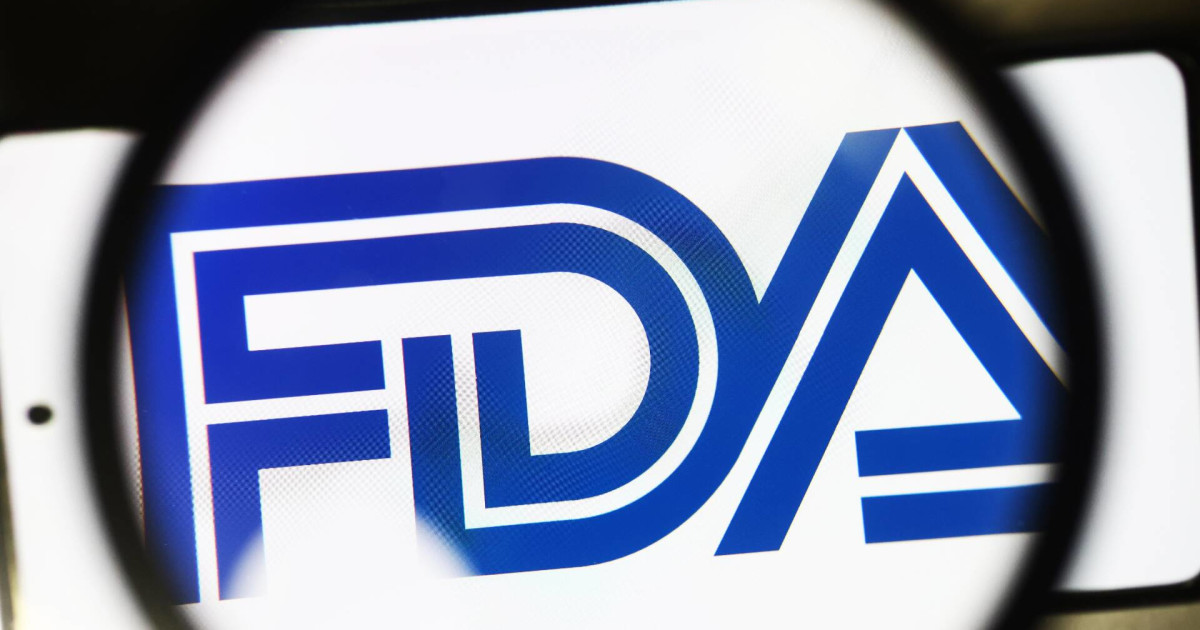Copyright The Street

It’s easy to put a bottle of prescription pills in the medicine cabinet and forget about what’s on the label — until something like a recall jolts you into paying attention. Yet medication and medical device recalls happen fairly often. On average, there are 330 drug recalls every year, according to a 2024 study published in the Journal of Pharmaceutical and Biomedical Analysis. Drug recalls typically happen when there is contamination, such as with foreign objects like glass particles, mislabeling, adverse reactions, or defective products, including ingredients that are too potent or not potent enough. The notion that a prescription medicine could be dangerous or ineffective isn’t a small worry. The latest recall affects a generic versions of the statin medication Atorvastatin Calcium, a medication taken by around 47 million Americans to lower “bad” cholesterol, according to Yale Medicine. The drug is being recalled nationwide after quality failures — here’s what you need to know. Urgent recall affects medication used by millions of Americans The U.S. Food & Drug Administration (FDA) updated a Class II recall notice for several versions of generic Atorvastatin Calcium tablets with expiration dates through February 2027 after discovering the pills failed to meet dissolution specifications — meaning they may not dissolve as expected and thus may not be properly absorbed. The recall was initiated on September 19, 2025, and updated on October 14, 2025. The recall affects 141,984 bottles nationwide of the generic statin medications. The recall covers multiple lots with expiration dates ranging from July 2026 to February 2027, the FDA said. Affected Atorvastatin Calcium lot numbers include: 25141249 24144938 24144868 24144458 24143994 24142987 24143316 A complete list of lot numbers is listed here. Importantly: the brand-name version of Atorvastatin (often sold under the name Lipitor) is not listed in this recall. Why this cholesterol-lowering drug recall matters Most pharmaceutical recalls are initiated by the drug manufacturers, and that appears to be the case with this one, which is made by New Jersey-based Biocon Pharma, Inc. “Recalls are typically initiated voluntarily by companies before they notify FDA,” explained Dr. Ileana Elder, Branch Chief in the Incidents, Recalls, and Shortages Branch within the Office of Compliance in FDA’s Center for Drug Evaluation and Research in a 2024 FDA Q&A. Retail Costco urgently recalls Foster Farms product sold nationwide The product could potentially cause serious injury if consumed. Dana Sullivan Kilroy COST Statins like Atorvastatin are among the most frequently prescribed medications for lowering “bad” cholesterol and reducing heart disease risk, meaning a large number of adults could be affected. A failure in dissolution means the medication may not deliver the intended dose, which can undermine treatment effectiveness — particularly worrying for those relying on consistent control of cholesterol levels. The recall being classed as Class II (risk of temporary or reversible harm) signals a serious but not immediate life-threatening risk. Because generics are widespread and often cheaper, many patients may not realise their specific bottle is impacted — and may continue taking it under the assumption everything is fine. How to check if your bottle is affected Check your Atorvastatin Calcium prescription bottles for the manufacturer, lot number, and bottle count listed on the FDA notice. If your medication is listed in the recall, do not stop taking it abruptly — contact your health care provider for guidance and request a replacement or alternate formulation. Keep any affected bottle separate and avoid sharing medication — specific batches have been flagged for removal. Always store your medications properly and reconfirm with each refill that the lot and manufacturer have no open recalls. What this drug recall means for other medications This recall highlights broader vulnerabilities in the U.S. medication supply chain and quality-control system: Even widely used, standard medications can slip through with manufacturing defects (in this case, dissolution failures). It raises questions about how well generic medication manufacturers adhere to standards, and how quickly recalls are communicated to patients. For patients and providers alike, it’s a reminder that having a prescription filled doesn’t always guarantee the underlying medication was manufactured without issue. How to protect yourself when a drug is recalled Even if you don’t take the cholesterol-lowering drug involved in this recall, you should still know how to protect yourself in case of other medication recalls. Follow your doctor’s advice on switching to a safe alternative — do not stop the medication on your own. Stay vigilant and monitor for any new FDA notices or manufacturer updates, as other lots or related drugs may be added. Use this recall as an opportunity to review all your medications: Verify lot numbers, manufacturer names, and recall status. If you or someone you know takes a statin, take five minutes right now to check the medicine. It is the only way to avoid potentially harmful effects. Automotive Nissan fuel pumps force second big recall this week Nissan isn't the only major automaker issuing a recall this week. Tony Owusu F About the authors Dana Sullivan Kilroy has been a writer and editor for more than 20 years. She covers travel, retail, technology, and Las Vegas entertainment for TheStreet. Her work has appeared in The New York Times, Real Simple, Self, Outside, BabyCenter, Everyday Health, and WebMD. Dana holds a Master’s in Journalism from the University of Nevada, Reno, and a Bachelor’s in English Literature from UCLA. She lives in Nevada and can be reached via email here. Celine is an experienced writer and editor covering news, features, academic/research, and legal topics for over 20 years. At TheStreet.com, Celine is a senior editor with experience across retail, stocks, investing, personal finance, technology, the economy, and travel.



